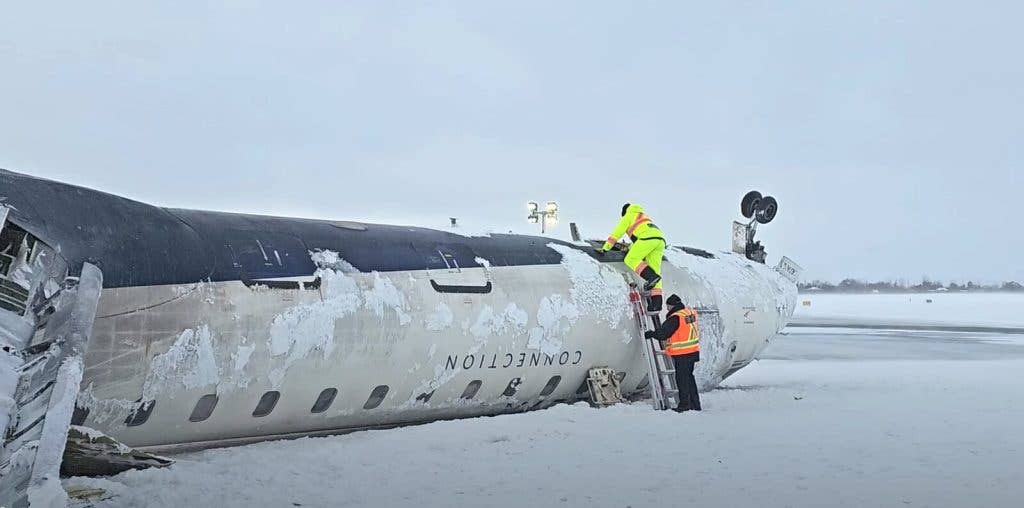
The FAA yesterday formally asked the world’s fuel producers to submit fuel samples for testing in piston aircraft as the first concrete step in helping general aviation transition away from leaded avgas.
The FAA is seeking to speed the development of new unleaded fuels that could ease the pain of replacing 100-octane low-lead avgas for tens of thousands of GA airplanes, starting as soon as five years from now. Everything is on the table, the agency says, from the viability of candidate fuels, to their production and distribution infrastructure, to their impact on the environment and economic ramifications.
“General aviation is vital to the U.S. economy and is an important form of transportation for many Americans,” Transportation Secretary Ray LaHood said. “We need to work with industry to develop an unleaded fuel that advances aviation safety and improves the environment.”
The FAA is asking fuel producers to submit data packages for candidate replacement unleaded fuel formulations by July 1, 2014. By Sept. 1, 2014, the agency will select up to 10 suppliers to participate in phase one laboratory testing at the its William J. Hughes Technical Center in Atlantic City, New Jersey. The FAA will then choose one or two fuels for phase two engine and aircraft testing.
Between now and 2018 the FAA will ask fuel producers to submit 100 gallons of fuel for phase one testing and 10,000 gallons of fuel for phase two testing.
The FAA says approximately 167,000 piston-powered aircraft in the United States and a total of 230,000 worldwide rely on 100LL avgas. As the only remaining transportation fuel in the United States that contains the addition of tetraethyl lead (TEL) to create the very high octane levels needed for high-performance aircraft engines, the fuel has come under fire from environmental groups and the EPA.
The General Aviation Avgas Coalition, comprised of several aviation groups including the Aircraft Owners and Pilots Association, General Aviation Manufacturers Association and National Business Aviation Association, praised the FAA announcement.
“The general aviation community supports a deliberative, science-based exploration of aviation-fuel alternatives to 100 low-lead gasoline that focuses on preserving the safety, cost-effectiveness and feasibility of use for substitute fuel, among other considerations,” said NBAA Chief Operating Officer Steve Brown. “We welcome the FAA’s announcement, because we believe it is an appropriate next step in the conduct of an informed exploration for an aviation-fuel alternative to the avgas currently in use today.”

Sign-up for newsletters & special offers!
Get the latest FLYING stories & special offers delivered directly to your inbox






